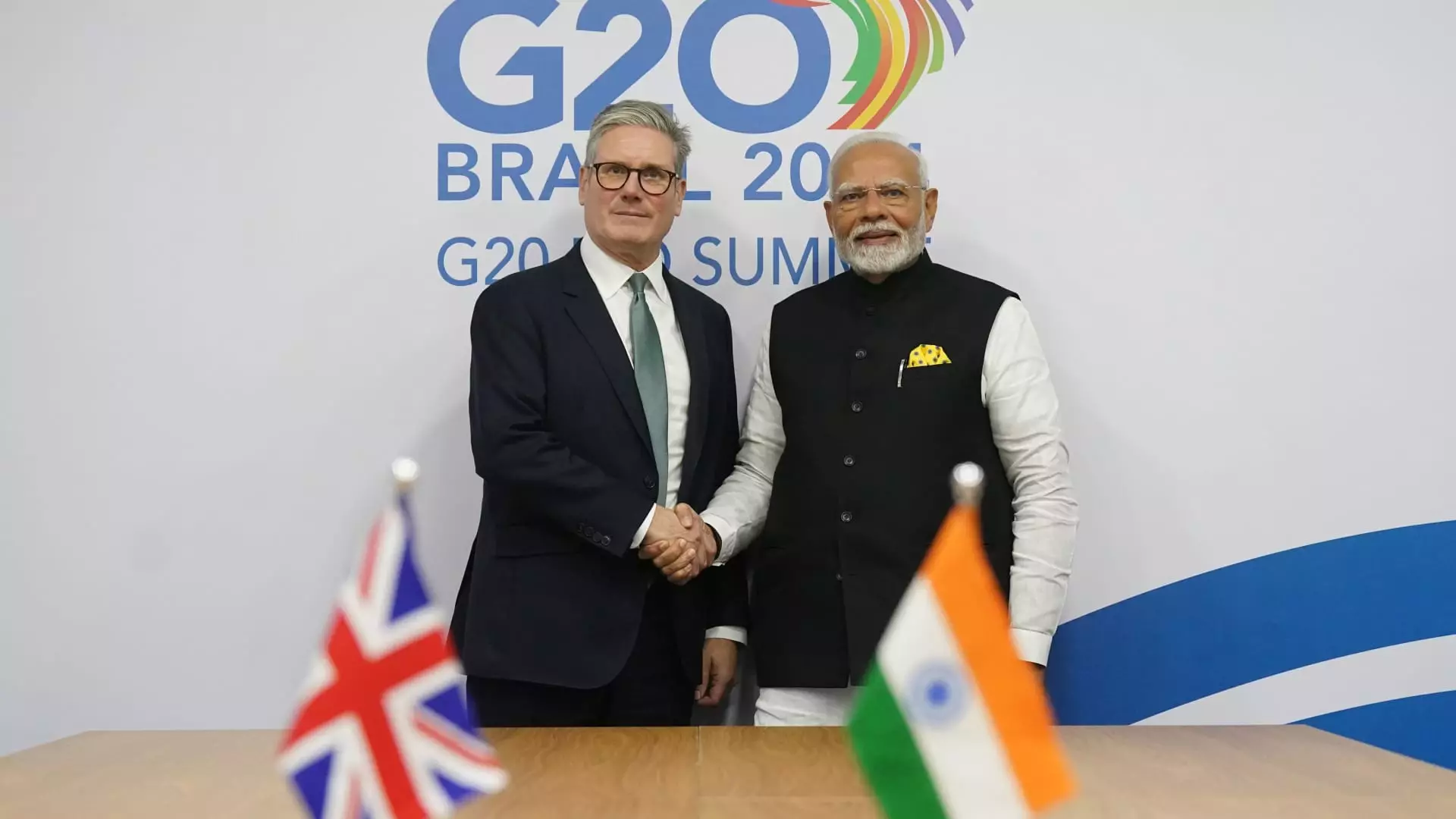In recent years, the United States has demonstrated an unmistakable shift away from its traditional role in multilateral institutions, and the upcoming G20 agenda is no exception. Under the guise of returning to “core principles,” the U.S. appears eager to diminish its footprint within an institution it helped shape nearly a quarter-century ago. This move is neither accidental nor purely pragmatic; it is emblematic of a broader pattern of disengagement that threatens to unravel the fabric of global economic cooperation. While some may spin this as a cost-saving measure or a focus on domestic priorities, it fundamentally reflects a disengaged American leadership that undervalues the importance of multilateral dialogue in fostering shared prosperity.
The absence of senior U.S. officials at G20 meetings signals more than just logistical issues. It demonstrates a skepticism of multilateralism itself—a dangerous misjudgment in an interconnected world. Instead of harnessing the collective strength of global economies, Washington seems content to sideline international forums in favor of unilateral postures. This approach disregards the reality that global problems—climate change, financial crises, health emergencies—cannot be solved by American unilateralism alone. It is a shortsighted strategy that risks ceding influence to other powers, notably China and Russia, who are eager to fill the vacuum.
Streamlining the G20: Narrowing Focus or Weakening Global Governance?
The plans to pare down the G20’s agenda to only its most fundamental tracks threaten to reduce a once comprehensive forum into a hollowed-out shell. By eliminating work on sectors like energy, health, and climate, the U.S. is effectively signaling that it no longer values holistic global cooperation. This strategy resembles a “back to basics” approach, but what it truly signifies is a retreat from responsibility and leadership in key issues impacting the planet and its people.
Such a move may appear pragmatic or even necessary to those overwhelmed by the sprawling agenda of the G20. But in reality, it underscores a refusal to engage with complex, cross-cutting challenges. International institutions, for all their flaws, serve as platforms for dialogue, coordination, and joint action. Shrinking their scope does not eliminate problems; it only masks the inability or unwillingness of dominant powers—initially led by the United States—to address them comprehensively.
The pressure to focus solely on core financial stability issues risks marginalizing equally vital agendas like climate change and development — issues that are intertwined with economic resilience. This narrow focus could perpetuate a cycle where systemic risks go unchecked, ultimately destabilizing both local and global economies. A responsible leadership would leverage these multilateral settings to push for global solutions, not retreat into nationalist bubbles.
Implications for Global Stability and the Future of Multilateralism
The consequences of the U.S. pulling back from the G20 extend well beyond the forum itself. It diminishes America’s influence in shaping the global economic order and accelerates a trend toward fragmentation. With Washington stepping back, other powers—especially China—will likely seize opportunities to expand their influence, dictating terms that may not align with Western values of democracy, human rights, and sustainable development.
This strategic withdrawal also undermines the legitimacy of multilateral institutions, which thrive on American participation and leadership. Without the U.S.’s active engagement, the G20 risks becoming a symbolic gathering rather than a real engine for global problem-solving. Developing countries, which rely on these platforms for crucial funding and policy guidance, may find themselves increasingly marginalized, further exacerbating inequality and eroding trust in international institutions.
Moreover, this retreat plays into fears that global governance will become more fragmented and unreliable. As other rising powers step into the void left by the U.S., the result could be a fractured international landscape, where unilateral actions dominate over coordinated responses. Such a world is inherently less secure, less predictable, and far more prone to conflict.
The Centrist Perspective: Navigating Between Isolationism and Overreach
From a centrist liberal vantage point, this strategic retrenchment is nothing short of a dangerous gamble. While advocating for responsible foreign policy and prudent use of resources is legitimate, abandoning multilateral institutions under the pretense of efficiency can damage both America’s long-term interests and global stability. The United States should recognize that leadership on the world stage is not merely about asserting dominance but about fostering cooperation that benefits all.
Prioritization does not mean abandoning global issues; it means engaging smarter, not less. The G20, despite its flaws, remains a vital forum where global powers can forge consensus on issues that threaten the modern world. Disengaging risks turning these gatherings into ineffective talk shops, diminishing the U.S. influence that has historically been a cornerstone of the liberal international order.
A balanced approach requires critical engagement—pushing for reforms within these institutions to make them more effective and accountable—rather than retreating from them altogether. The U.S. must avoid the allure of isolationism, which ultimately weakens its global standing and leaves it less equipped to shape emerging norms and standards. Embracing multilateralism with a realistic eye on its limitations offers a more resilient path toward shared prosperity and stability—one that current U.S. policy appears to be forsaking.

Leave a Reply